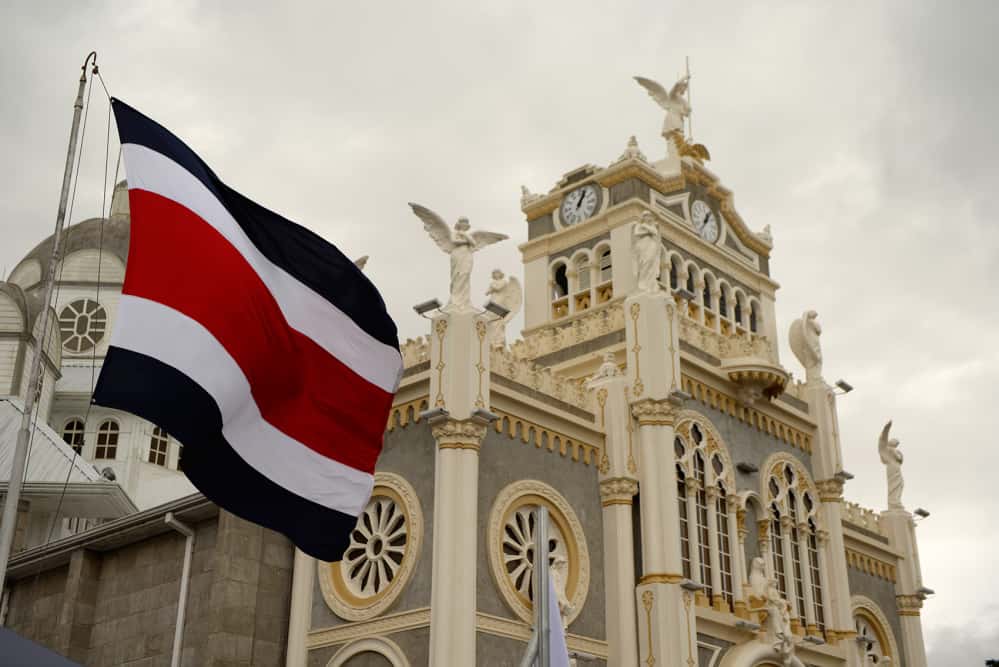Costa Rican ex-priest Mauricio Víquez, accused of sexual abuse of minors, was arrested in Mexico in an operation coordinated by the two countries, official sources from Costa Rica reported Monday.
The director of the Costa Rican Judicial Police (OIJ), Walter Espinoza, said at a press conference that Víquez was arrested early Sunday morning in the Mexican town of San Nicolás de los Garza, near the northern city of Monterrey.
The Costa Rican Ministry of Foreign Affairs confirmed the information in a statement and indicated that the case had been assigned a public defender while resolving the request for extradition to the Central American country.
“The former priest was placed at the disposal of the District Judge Specialized in the Accusatory Criminal System, of the Federal Criminal Justice Center in Mexico City,” the Foreign Ministry statement said.
The arrest of Víquez, 54, happened a few days after two of the alleged victims of the abuses traveled to Mexico to ask for support from citizens in that country.
The ex-priest, expelled from the clergy in February, left Costa Rica in January, and immigration records indicate that since then he was in Mexico, where he had arrived from Panama.
Espinoza said that OIJ determined his location April 11 through a social network profile in which Víquez identified himself with his middle name, Antonio, to offer advisory services in thesis preparation, a job he did in Costa Rica .
“From the study of the network data, it was determined that the person using that network was Víquez,” said Espinoza.
With information from the local telephone company, the Mexican police determined the house where Víquez lived. It was searched at dawn Sunday.
Michael Rodríguez, one of Víquez’s accusers, said that his trip to Mexico with Anthony Venegas, another alleged victim, allowed the population to draw attention to the presence of the former priest.
“There was not so much information in Mexico about the matter, I think we managed to awaken people’s support,” Rodriguez told AFP.
The ex-priest fled Costa Rica in January because a complaint against him still has criminal repercussions.
Under Costa Rican law, allegations of sexual abuse against minors carry a statute of limitations of 10 years after the victim turns 18 years old.
In the case of Víquez, one of the complaints against him will meet that deadline in September.
The Costa Rican parliament recently passed a law promoted by Rodríguez and Venegas to increase the statute of limitations for this type of crime to 25 years.






